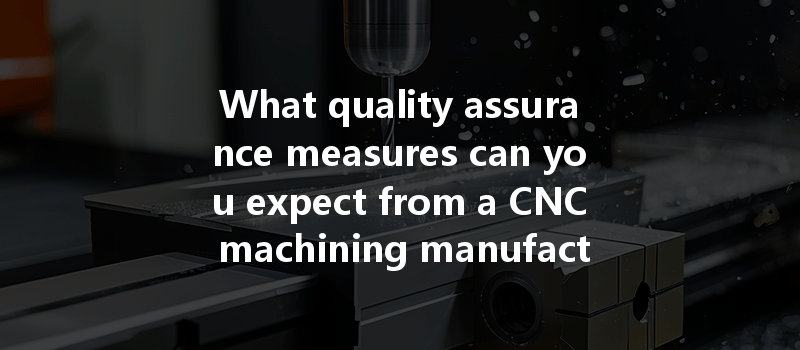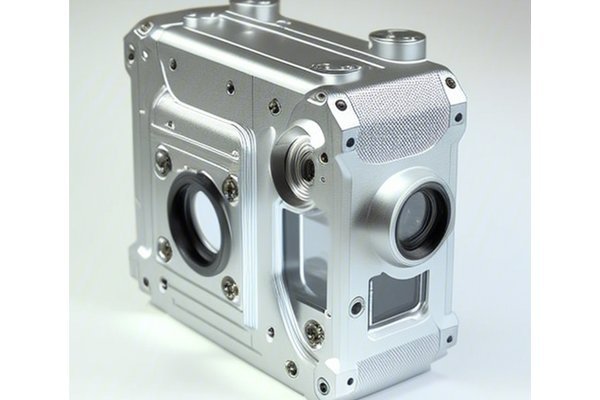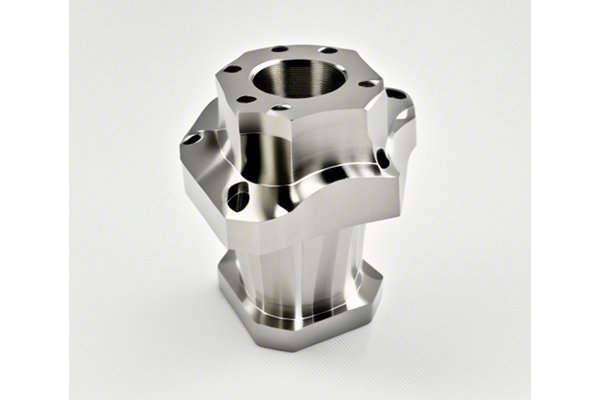Did you know that nearly 90% of manufacturing companies consider quality assurance as the key to competitive advantage in the CNC machining industry? In today’s fast-paced market, where precision and efficiency dictate success, quality is non-negotiable. But what does quality assurance really mean in the context of CNC machining? How do manufacturers implement these measures to ensure that you receive the highest quality products?
In this comprehensive blog, we’ll delve into the essential quality assurance measures that reputable CNC machining manufacturers provide. By understanding these practices, you’ll know what to look for when selecting a partner for your machining needs, ensuring that you get the best service possible.
Understanding Quality Assurance in CNC Machining
Quality assurance (QA) is a systematic process designed to evaluate the quality of manufactured products and ensure compliance with specified requirements. In CNC machining, it involves a combination of technical approaches, methodologies, and practices that guarantee the final product meets or exceeds customer expectations.
Importance of Quality Assurance
Quality assurance in CNC machining is vital for several reasons:
Key Quality Assurance Measures in CNC Machining
Now, let’s dive into the specific quality assurance measures that leading CNC machining manufacturers typically implement:
Before any machining processes begin, quality starts with the materials. Reputable manufacturers conduct thorough inspections of the materials used in production.
Once machining begins, the components undergo several intermediate inspections utilizing advanced techniques to ensure each part aligns with its design specifications.
Process control is essential for maintaining the quality of CNC machining. Manufacturers typically incorporate several methods for real-time monitoring and quality control.
To ensure ongoing compliance with quality standards, in-process checks are vital.

Once machining is completed, final inspections are conducted to confirm the final product’s quality.
Quality assurance doesn’t conclude with in-house measures; compliance with external standards is crucial.
Challenges in Maintaining Quality Assurance
Despite rigorous measures, manufacturers may face numerous challenges in maintaining quality assurance in CNC machining:
Scaling Quality Assurance with Technology
The advent of technology has revolutionized the quality assurance landscape in CNC machining. Let’s explore some technological advancements enhancing QA processes.
In conclusion, understanding the quality assurance measures that CNC machining manufacturers employ is critical for anyone looking to engage in precision manufacturing. From comprehensive material inspections and advanced measurement techniques to in-process checks and stringent compliance protocols, these practices play a vital role in ensuring that the final product meets the high standards of accuracy and reliability.
As we’ve explored, quality assurance is not merely a box to tick—it is a comprehensive approach that influences every stage of the manufacturing process. By choosing a manufacturer that prioritizes quality, you will not only receive dependable products but also foster a long-term partnership that is built on trust and excellence.
In today’s competitive landscape, maintaining quality is not just an advantage—it’s essential. To make informed decisions when selecting a CNC machining partner, it is vital to recognize and appreciate the significance of robust quality assurance measures. Equip yourself with this knowledge, and you set the foundations for success in your manufacturing endeavors.






